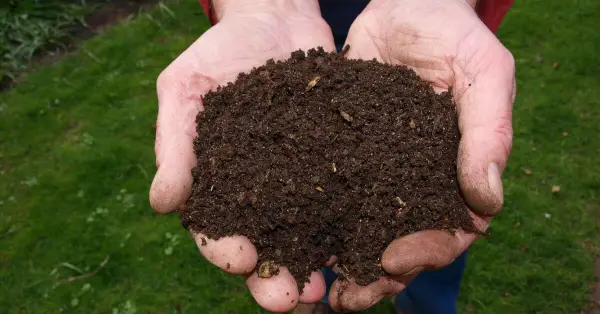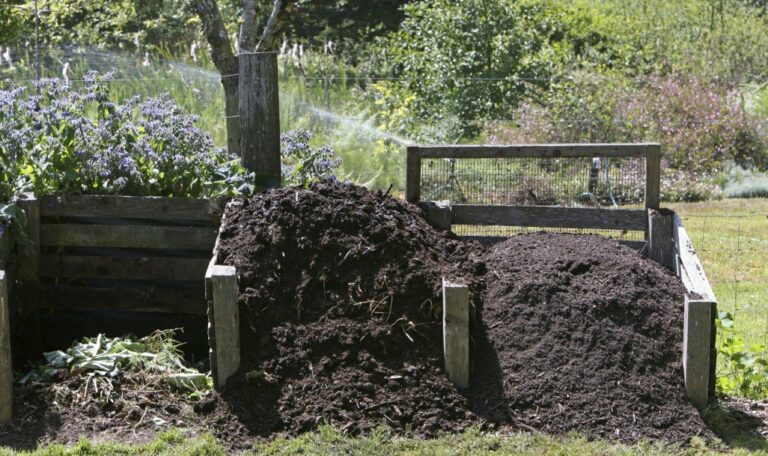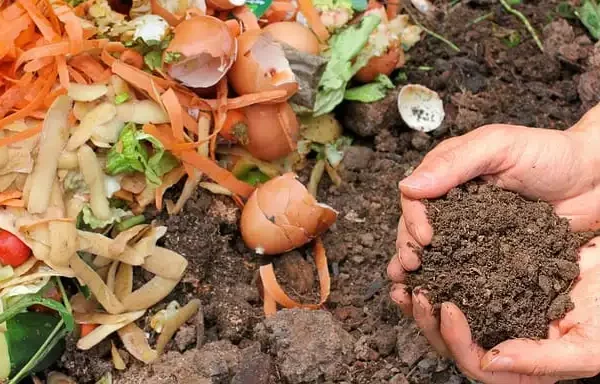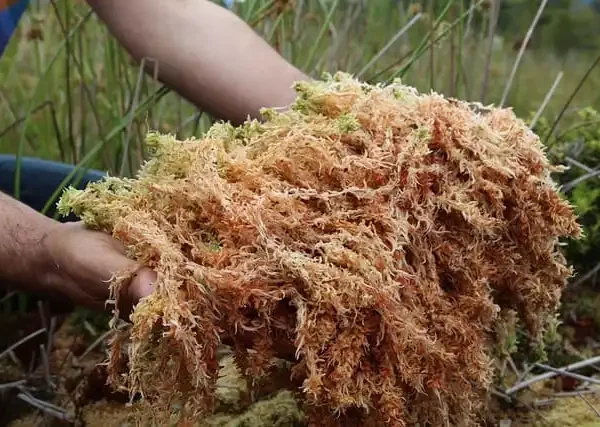Understanding Compost Tumblers
Compost tumblers are rotating containers designed to accelerate the composting process by aerating and mixing organic materials. They vary in size and design but generally aim to provide a controlled environment for composting.
How Compost Tumblers Work
Aeration
Tumblers facilitate aeration through frequent turning or rotating, which helps microbes break down organic matter more quickly compared to traditional compost bins.
Temperature Regulation
Some tumblers are insulated or designed to retain heat, promoting faster decomposition under optimal temperature conditions.
Moisture Management
Proper moisture levels are crucial for composting. Tumblers often include features like vents or drainage systems to control moisture content.
Debunking the Two-Week Composting Myth
Factors Affecting Composting Time
Composting is a biological process that depends on several factors, including
Ingredients
The types and ratios of carbon-rich (browns) and nitrogen-rich (greens) materials significantly impact decomposition rates.
Size and Surface Area
Smaller particle sizes and increased surface area of materials can accelerate decomposition.
Temperature and Environment
Ideal composting temperatures range between 110°F to 160°F (43°C to 71°C). While tumblers can help regulate temperature, achieving optimal conditions consistently can be challenging.
Microbial Activity
Effective composting relies on a diverse microbial community. Tumblers may not always promote sufficient microbial activity compared to open-air compost piles.
Turning Frequency
While tumblers facilitate regular turning, the speed and efficiency of composting also depend on how often and effectively the materials are mixed.
Realistic Composting Timeline
Achieving fully mature compost typically takes several weeks to several months, depending on the above factors and the composting method used. Compost tumblers, despite their benefits, generally do not produce finished compost in as little as two weeks under normal conditions.
Tips for Using Compost Tumblers Effectively
Maximizing Tumbler Efficiency
- Balanced Ingredients: Maintain a balance of carbon and nitrogen materials to optimize microbial activity.
- Proper Moisture Levels: Monitor and adjust moisture levels to keep materials damp but not waterlogged.
- Regular Turning: Rotate the tumbler regularly to ensure even decomposition and aeration.
- Temperature Control: Place the tumbler in a sunny spot to harness solar heat, or insulate it during cooler weather to maintain optimal composting temperatures.
Expert Advice and Resources
Governmental and Horticultural References
For authoritative information on composting techniques and myths, consult resources from
- USDA Natural Resources Conservation Service
- Extension Services like Cooperative Extension Offices
- Composting experts and academic publications
Conclusion
While compost tumblers offer practical benefits in managing composting processes, the expectation of achieving finished compost in two weeks is unrealistic for most home composters. Understanding the biological processes involved and optimizing composting conditions will lead to successful composting outcomes over a more realistic timeframe.
Is it true that compost tumblers can make compost in just two weeks?
Compost tumblers are designed to accelerate the composting process, but achieving finished compost in two weeks is unrealistic for most home composters.
How long does it actually take to make compost in a compost tumbler?
The time to make compost in a tumbler varies depending on factors like materials used, environmental conditions, and tumbler design. It typically ranges from several weeks to a few months.
What factors affect the composting time in a compost tumbler?]
Several factors influence composting time, including the mix of carbon-rich (browns) and nitrogen-rich (greens) materials, temperature, moisture levels, and how frequently the tumbler is turned.
Can compost tumblers speed up the composting process compared to traditional compost bins?
Compost tumblers can accelerate composting due to their design, which facilitates aeration and moisture control. However, the speed of composting still depends on the conditions inside the tumbler.
How should I manage my expectations when using a compost tumbler?
It’s important to understand that while compost tumblers offer benefits like faster decomposition and odor control, achieving fully mature compost typically requires more time than the often-cited two-week timeframe.
Are there specific tips for maximizing composting efficiency in a compost tumbler?
Yes, tips include balancing the mix of materials, maintaining proper moisture levels, turning the tumbler regularly, and providing optimal temperature conditions for microbial activity.
What can I do to ensure successful composting with a compost tumbler?
Successful composting with a tumbler involves understanding the composting process, monitoring the composting materials, and adjusting conditions as needed to support microbial decomposition.
Are there benefits to using a compost tumbler despite the longer composting time?
Yes, benefits include easier turning and mixing of compost materials, reduced odors, and better pest control compared to open-air composting methods.
How can I tell when the compost in my tumbler is ready to use?
Finished compost in a tumbler is dark, crumbly, and has a earthy smell. It should no longer resemble the original materials and can be used to enrich soil in gardens and landscaping.
Where can I find reliable information about composting myths and best practices?
Reliable information on composting myths, best practices, and compost tumbler usage can be found through agricultural extension services, government resources, and reputable gardening websites.
- Best THC Sodas to Buy in Arkansas - May 28, 2025
- Exploring THC-Infused Sodas in Arkansas - May 28, 2025
- THC Beverages Now Trending in Alabama - May 28, 2025





